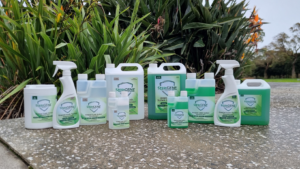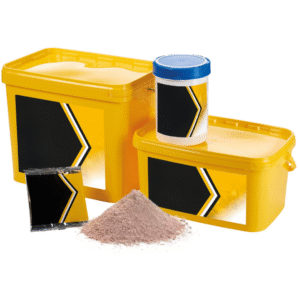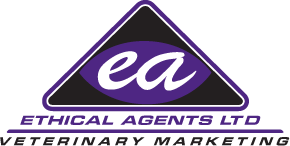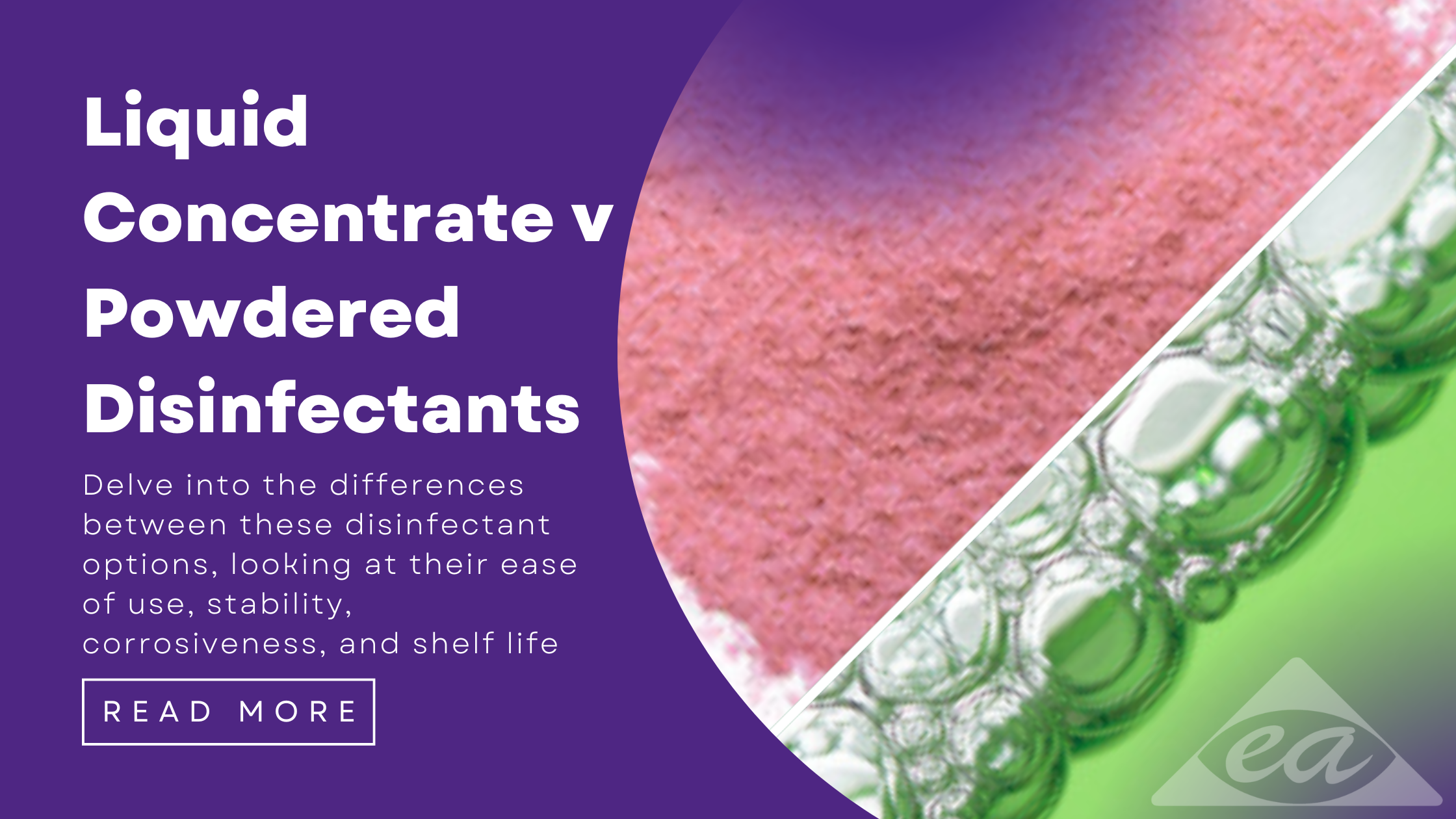Liquid Concentrate vs. Powdered Disinfectants: Making the Right Choice
When it comes to maintaining gold-standard biosecurity in veterinary clinics, choosing the right veterinary disinfectant is critical. Whether it’s for treatment rooms, animal housing, or high-touch surfaces, your disinfection program needs to be effective, safe, and practical for daily use.
Two common disinfectant formats are liquid concentrates and powdered disinfectant concentrates. Let’s break down the key differences and why more animal health professionals are moving towards proven liquid solutions like SteriGENE for reliable veterinary infection control.
Why Liquid Concentrate Disinfectants Are Preferred in Animal Care
Liquid concentrate disinfectants have become a trusted choice in many veterinary and animal care settings — and for good reason:
✅ Simple and Consistent
Liquid concentrates are easy to dilute accurately, minimising the risk of mixing errors. Consistent dilution means consistent results — a must for effective animal clinic hygiene.
✅ Broader Biosecurity Protection
A quality liquid disinfectant like SteriGENE provides broad-spectrum efficacy against bacteria, viruses, fungi, and spores — helping clinics maintain strong biosecurity cleaning standards.
✅ Gentle on Equipment
Liquid concentrates are generally less corrosive than powdered products. SteriGENE even contains built-in corrosion inhibitors, helping protect costly veterinary equipment, surfaces, and tools.
✅ Longer Shelf Life After Mixing
Once mixed, SteriGENE stays effective for up to 6 months (with tap water) or 12 months (with demineralised water). That means less frequent preparation and less chemical waste — saving time and money.
✅ Safer for Your Team
Handling liquid disinfectants is safer than dealing with powders. For example, SteriGENE shows only mild skin irritation in testing, even with concentrated contact — lowering the risk to staff.
✅ Environmentally Responsible
Many liquid concentrate disinfectants, including SteriGENE, are available in eco-friendly formulations — supporting sustainability targets alongside infection control.
Where Powdered Disinfectants Can Fall Short
While powdered disinfectant concentrates have long been used in animal health, they come with limitations:
⚠️ More Complex to Prepare
Powders must be measured and mixed with precision. In busy clinics, this increases the chance of dilution errors, which can reduce disinfection effectiveness.
⚠️ Shorter Stability Once Mixed
Many powdered disinfectants remain stable for just a week after mixing. Frequent remaking means more time spent mixing and more waste.
⚠️ Higher Corrosiveness
Powdered solutions can damage metal instruments and pit plastic surfaces — leading to costly repairs or replacements.
⚠️ Added Health Risks
Handling powdered chemicals requires more PPE and strict care to avoid skin contact, eye exposure, or inhaling dust — adding steps and risk to daily routines.
The Bottom Line: SteriGENE Liquid Disinfectant Delivers Confidence
In modern veterinary clinics and animal care facilities, reliability, safety, and cost-effectiveness matter. A high-performance liquid concentrate veterinary disinfectant like SteriGENE provides consistent, broad-spectrum protection while being gentle on equipment, safe for staff, and easy to use.
For clinics seeking to strengthen their biosecurity cleaning protocols and reduce downtime caused by mixing errors or short product life, liquid concentrates are a smart choice — now and in the future.
Ready to upgrade your disinfection routine?
Chat to our team about how SteriGENE can support your veterinary infection control standards.


Leave a Reply